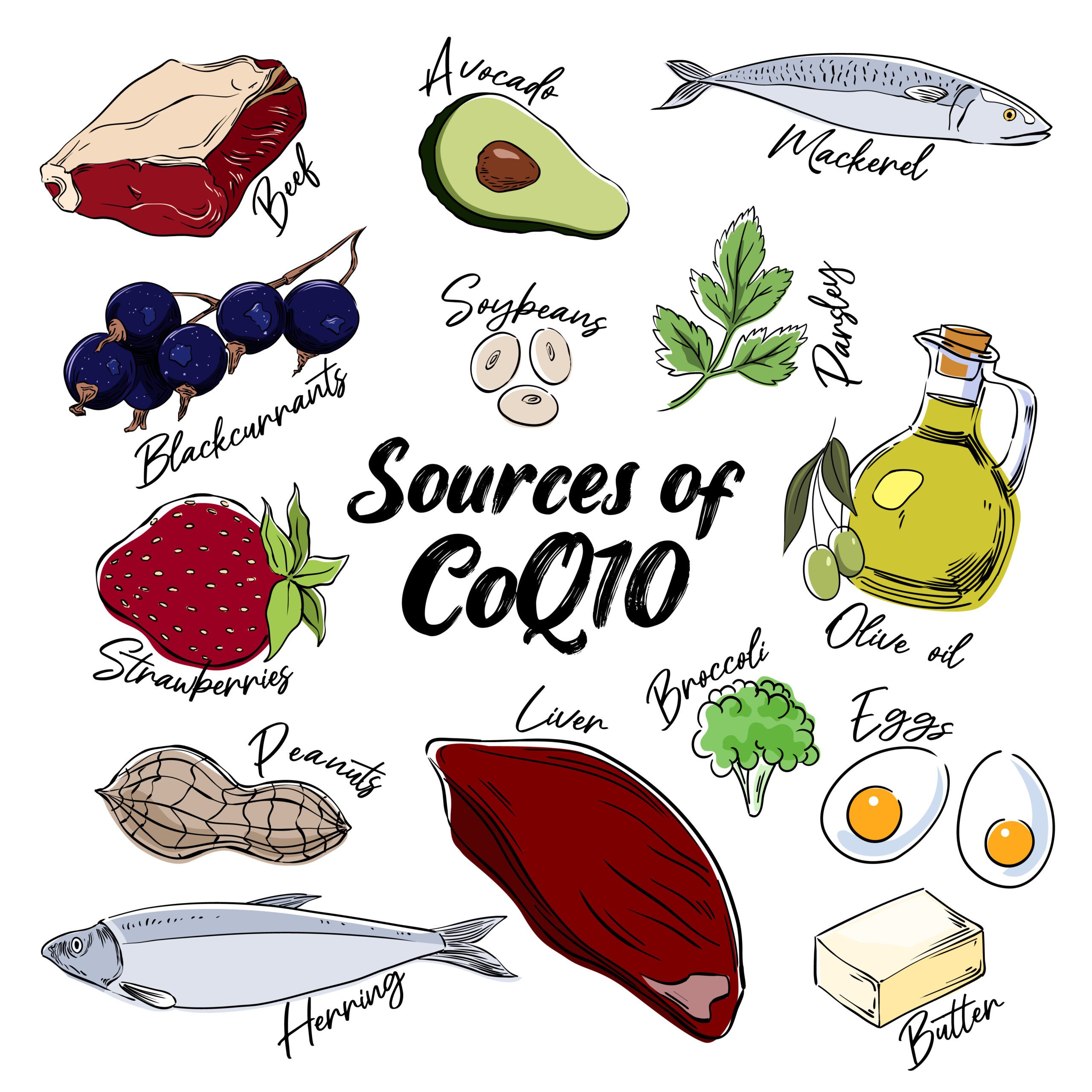CoQ10: Cancer, Immunity, and overall health
August 7, 2012
 860
860 
CoQ10 and Cancer
Coenzyme Q10 may finally be getting the attention it deserves. The antioxidant compound CoQ10, which is naturally produced in our bodies, is a “Jack of all Trades” when it comes to your health.
Not only does it aid in cell growth and stronger immune systems, but it also serves to protect cells from damage and deterioration that could lead to cancer. Studies have shown that having normal levels of CoQ10 can dramatically increase heart and brain health. New observations are also showing that the helpful little vitamin-like compound can assist in treating cancer patients.
That’s because Coenzyme Q10 has two functions that help fight against cancer. First, the body uses it as an antioxidant that protects cells from free radicals, which can cause cells to become cancerous. Secondly, it boosts the immune system’s strength and helps fight off foreign invaders. Basically, the CoQ10 works to energize immune system cells that had been suppressed by cancer, restoring their ability to fight back by attacking the cancer cells themselves.
Make Sure You’re Getting Enough
Maintaining a high level of the coenzyme can be hard in later life, because as we get older the amount of CoQ10 our aging body produces begins to steadily decline. The compound can be ingested by eating foods such as olive oil, spinach, fish and beef, but the amount of CoQ10 in any of these foods is minimal at best. Instead, if you want to really take a concentrated dose of CoQ10, supplements are your best option.
The CoQ10-Cancer Connection
Current research has shown time and again that CoQ10 could hold the key to treating cancer more effectively. In fact, several different cancer treatments have been derived from the compound. Human clinical trials have proven fruitful, and because it lacks toxicity, these types of treatments can be tested in cancer patients without any real danger. Even though it has not been tested in combination with chemotherapy, many health professionals use CoQ10 as a therapy following primary cancer treatments, and CoQ10 has actually been shown to improve the chemotherapy’s ability to kill cancer cells.
While a large number of successful pre-clinical studies in animals and an average amount of human clinical trials exist, the coenzyme is still far from being used in mainstream cancer treatments. More clinical trials are needed to solidify the compound’s credibility, and despite the facts, major players in the world of cancer treatments such as the National Cancer Institute don’t have any studies scheduled for CoQ10 . . . even though they published their own report on CoQ10’s effectiveness against cancer. Other teams, such as the one from the University of Miami, are working around the clock to prove to the world that CoQ10 is more than just a novel therapy and it indeed has potential.

A new study suggests that a widely used sugar substitute found in diet sodas, chewing gum, and low-sugar yogurt may elevate insulin levels. This could increase the long-term risk of heart disease. “Artificial sweeteners have infiltrated nearly all types of food, making it crucial to understand their long-term health effects,” said Yihai Cao, senior author […]

Diet Coke has long been a fan-favorite among soda lovers who want a fizzy, guilt-free alternative to traditional soft drinks. While its zero-calorie, zero-sugar label makes it seem like a healthier option, the reality is far more concerning. Despite its undeniable popularity, Diet Coke’s nutritional profile has raised red flags among health experts for years. […]

New study shows that embracing an anti-inflammatory, plant-forward diet can support cognitive function and help reduce the risk of dementia. What You Eat Shapes Your Brain The food you eat doesn’t just impact your body—it also affects your brain. Research suggests that eating an anti-inflammatory, plant-based diet can help improve memory, focus, and overall brain […]